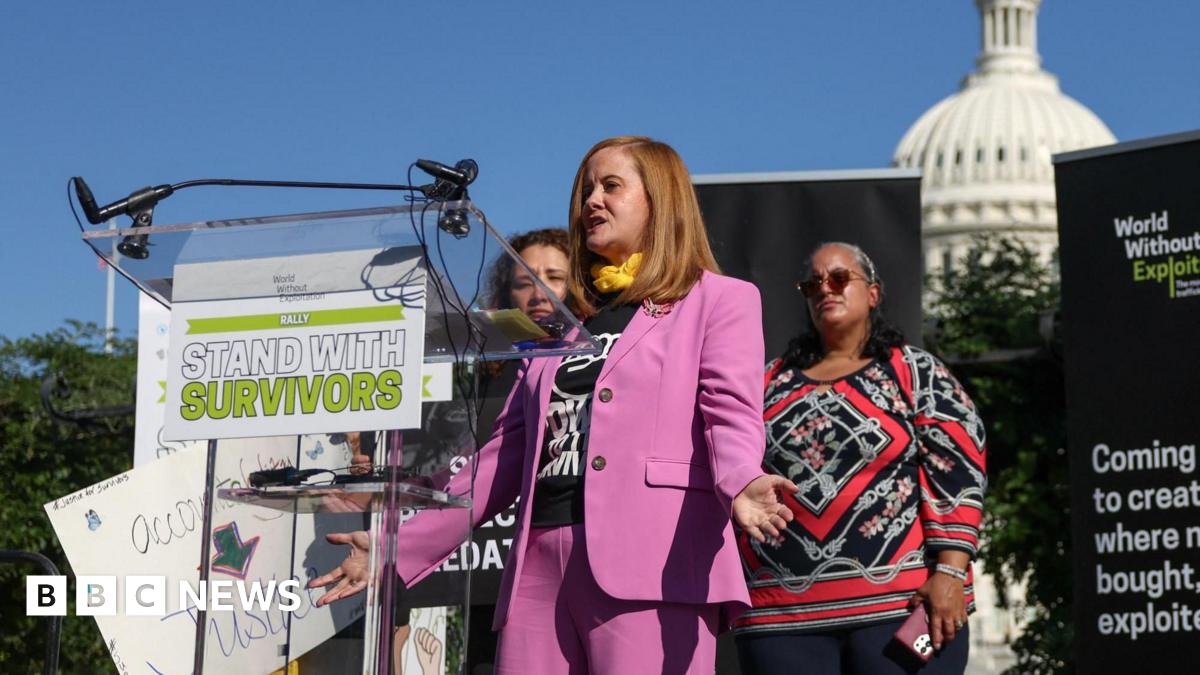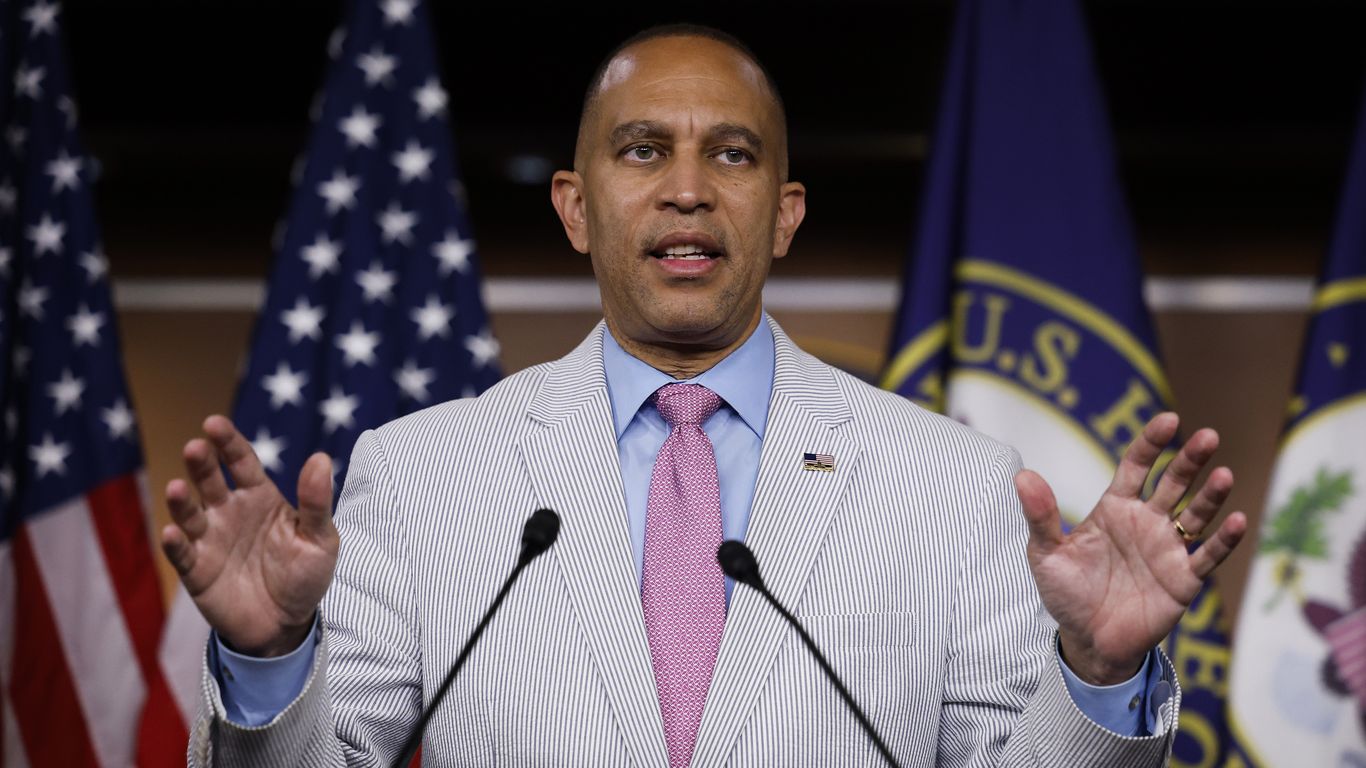Survivors Speak Out at News Conference About Jeffrey Epstein

Introduction
The victims of Jeffrey Epstein, the disgraced financier and convicted sex offender, are making their voices heard at a news conference organized by two US politicians. At least 10 women are expected to speak out about their experiences with Epstein, who died by suicide in prison while awaiting trial for sex trafficking charges. The event, which is garnering significant media attention, is an opportunity for the survivors to share their stories and demand justice for the years of abuse they endured at the hands of Epstein.
Details of the News Conference
The news conference is being held as part of a larger effort by the victims to seek accountability for Epstein's actions. The two politicians involved, who have been vocal advocates for the survivors, have been working to pass legislation that would allow victims of sexual abuse to sue their abusers. This conference is a crucial step in their fight for justice and serves as a platform for the victims to share their stories and demand change. The survivors are also expected to address the ongoing investigation into Epstein's accomplices and enablers, calling for them to be held accountable as well.
The Impact of the News Conference
The news conference is not just an opportunity for the victims to share their experiences, but it also sheds light on the larger issue of sexual abuse and trafficking. With the high-profile nature of this case, it has sparked important conversations and calls for
About the Organizations Mentioned
US Politicians
## Overview The term “US Politicians” does not refer to a single, formal organization, but rather to the collective body of elected officials who serve in the United States federal government, particularly in Congress—the legislative branch—which consists of the House of Representatives and the Senate[1][2][9]. These politicians are responsible for making, debating, and passing federal laws, representing the interests of their constituents, and overseeing the executive branch[1][2][9]. ## What They Do US politicians in Congress are tasked with drafting, debating, and voting on legislation that governs the nation. The House of Representatives, with 435 voting members, focuses on initiating revenue bills and representing population-based districts, while the Senate, with 100 members, provides equal representation for each state and plays a key role in confirming presidential appointments and ratifying treaties[1][2]. Together, they form a bicameral system designed to balance populous and state interests, a structure rooted in the “Great Compromise” of the Constitutional Convention[1]. ## History The US Congress was established by the Constitution in 1789, creating a legislative branch distinct from the executive and judicial branches to ensure a system of checks and balances[6][7]. Over time, Congress has evolved in response to the nation’s growth, with the number of House seats fixed at 435 since 1929, apportioned by population, while each state has two senators regardless of size[2]. Leadership roles—such as Speaker of the House and Senate Majority Leader—have developed to manage legislative agendas and party priorities[1][5]. ## Key Achievements Congress has passed landmark legislation shaping American society, including civil rights acts, social security, healthcare reforms, and technology and infrastructure investments. Its oversight function has also driven major investigations into executive branch activities, corporate practices, and national security[9]. The legislative process often involves complex negotiations between parties, with leadership playing a pivotal role in setting the agenda and

















